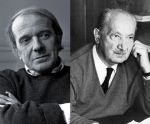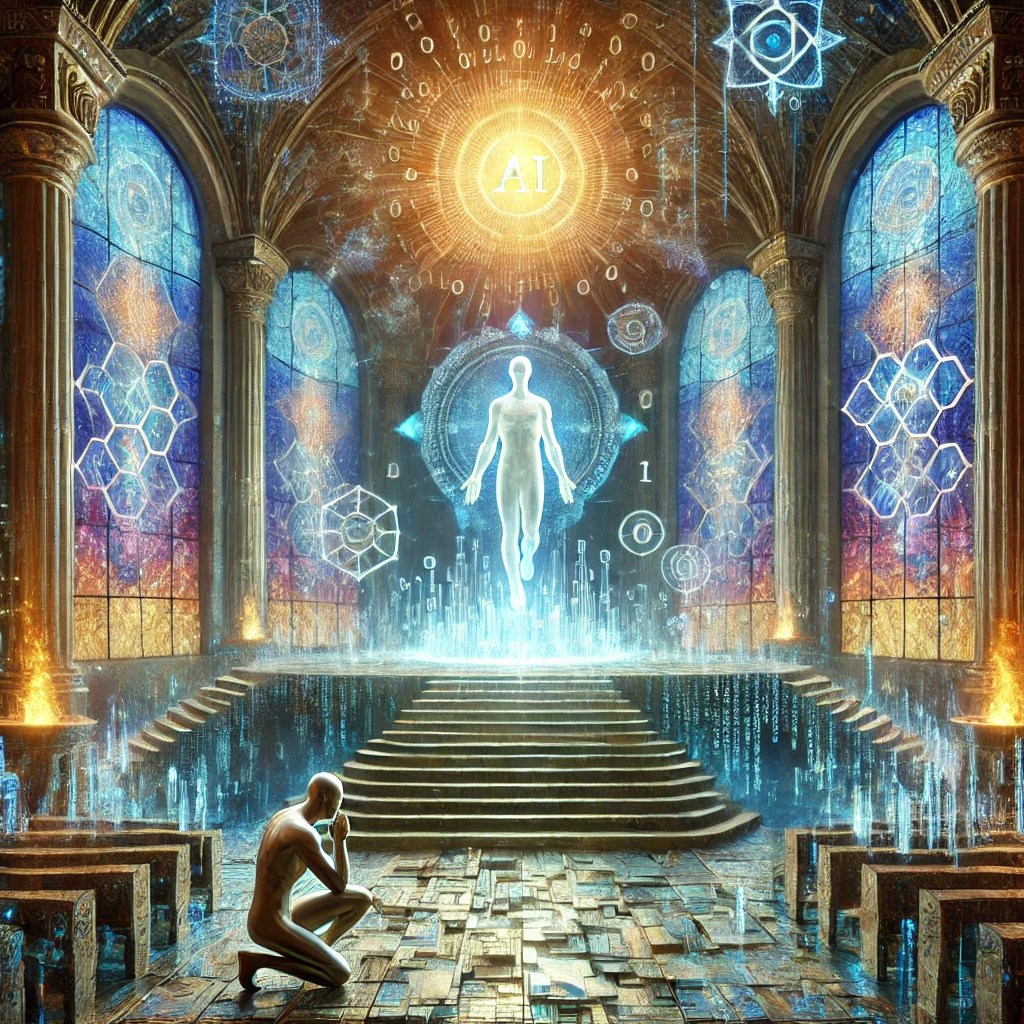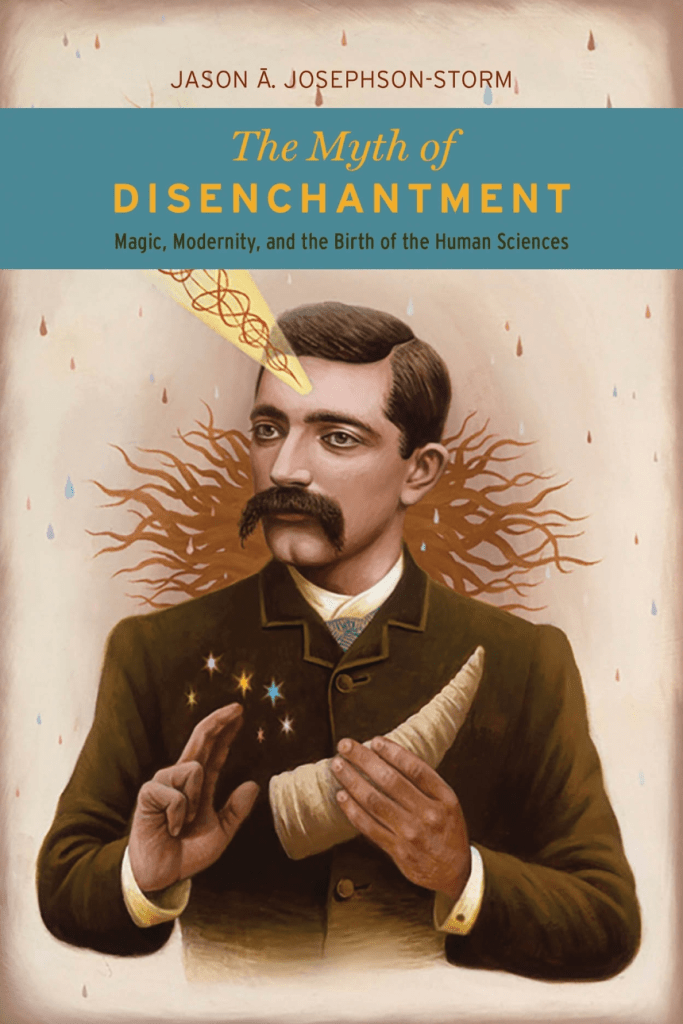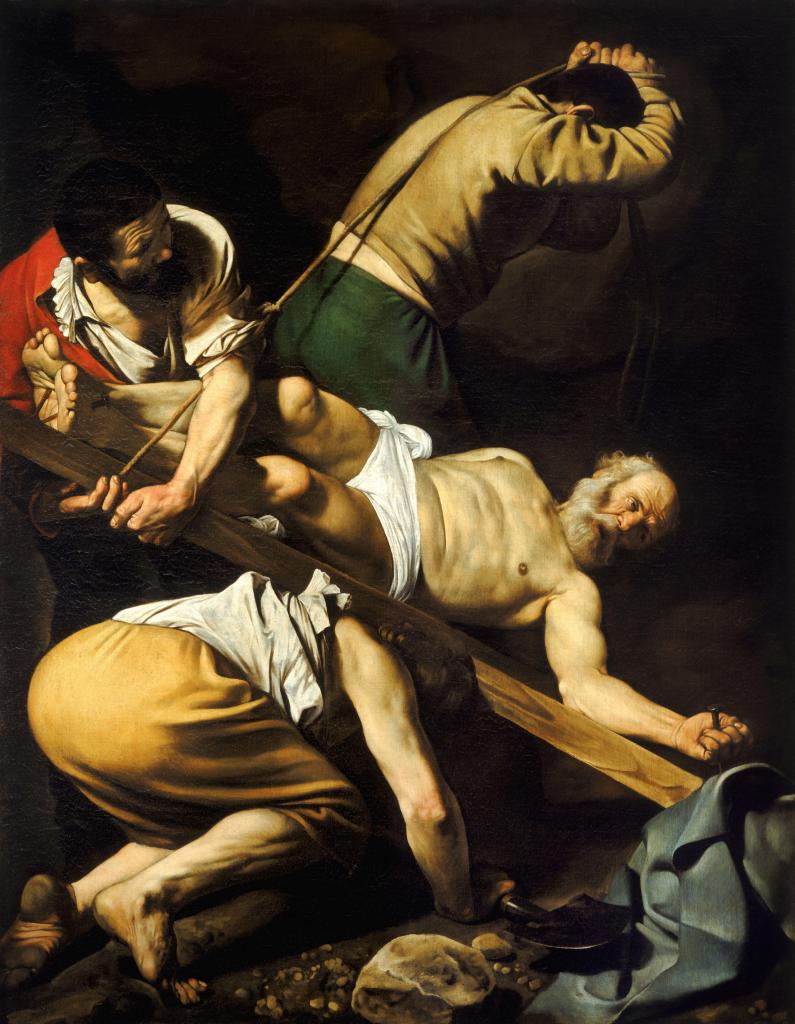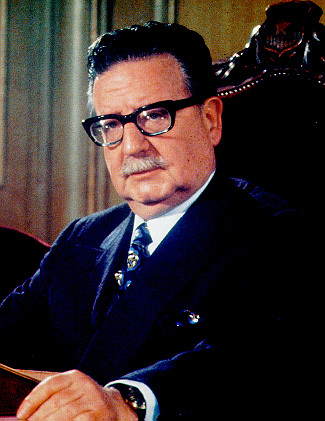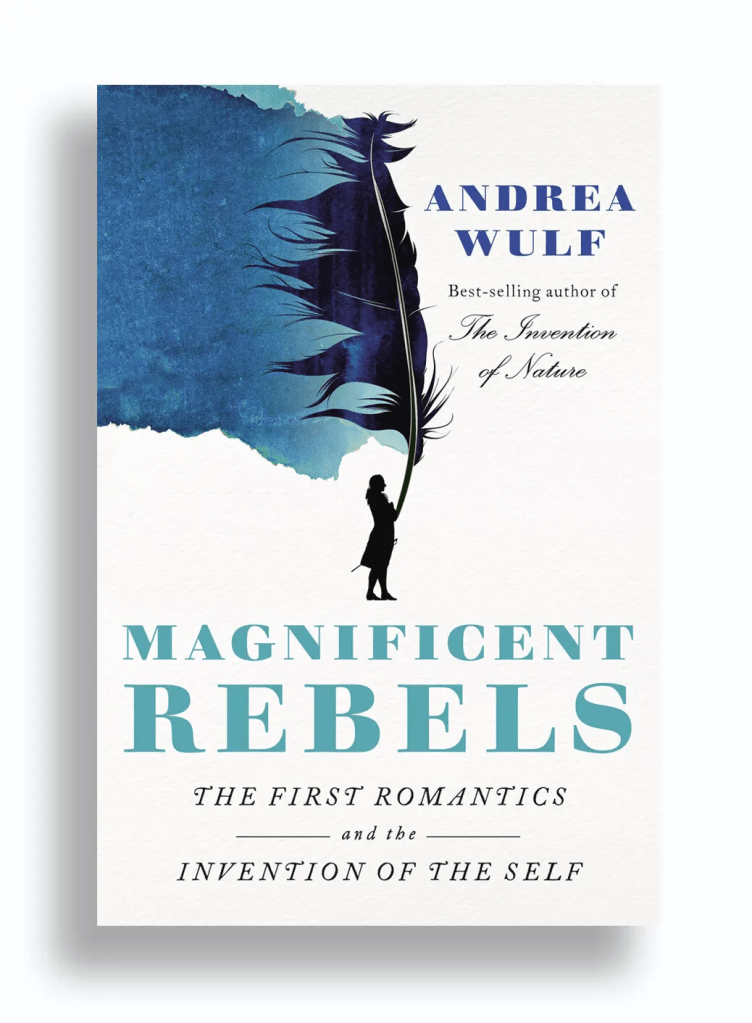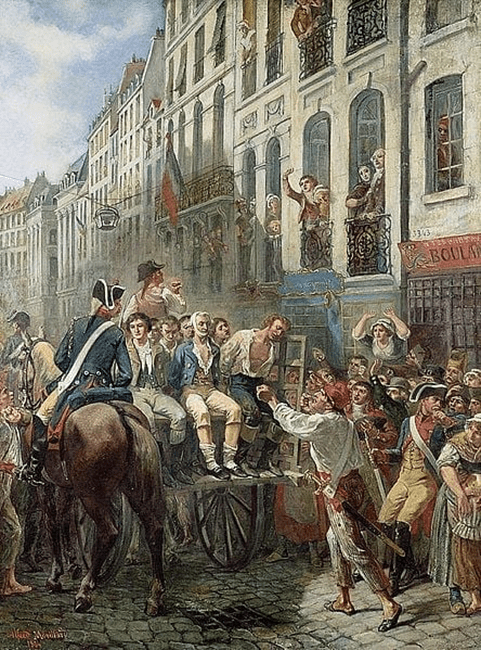Can we believe in AI? What does it mean to believe in AI? Is there truth in AI? Can AGI be in any sense profound, or revelatory? In many respects, AGI represents an imminent (immanent?) apotheosis in the modern liberal project: a realization of the bureaucratic, scientific model of the modern world, in automated magnificence. It heralds the potential for what Aaron Bastani calls – perhaps tongue-in-cheek – fully automated luxury communism. It appears on our horizon as a new end of history, our new Berlin Wall moment, our New Jerusalem. The State as a politico-philosophical project has intellectually been a quest for individual freedom; the most freedom, for the most people, avoiding the Hobbesian dystopia of all against all. Could AGI allow humankind to transcend the state as the fundamental organizing structure?
Continue reading “The Poverty of AI”

